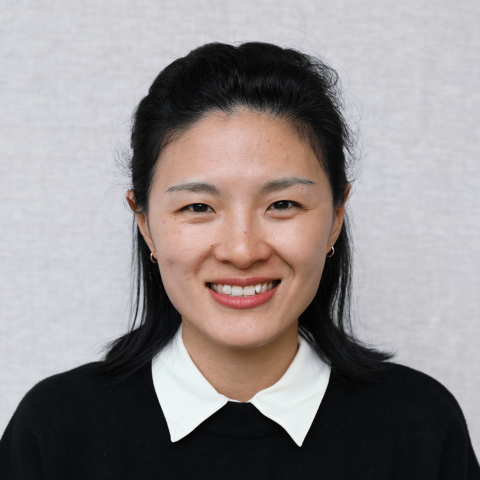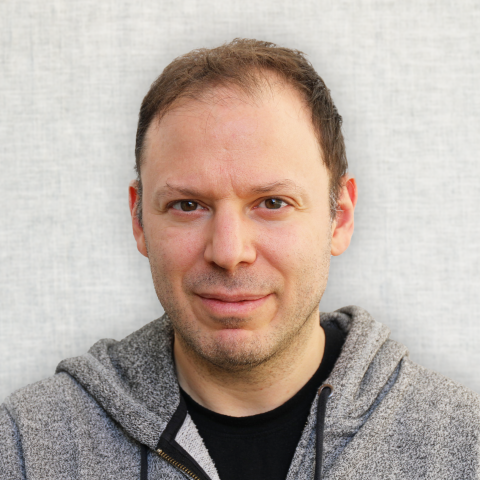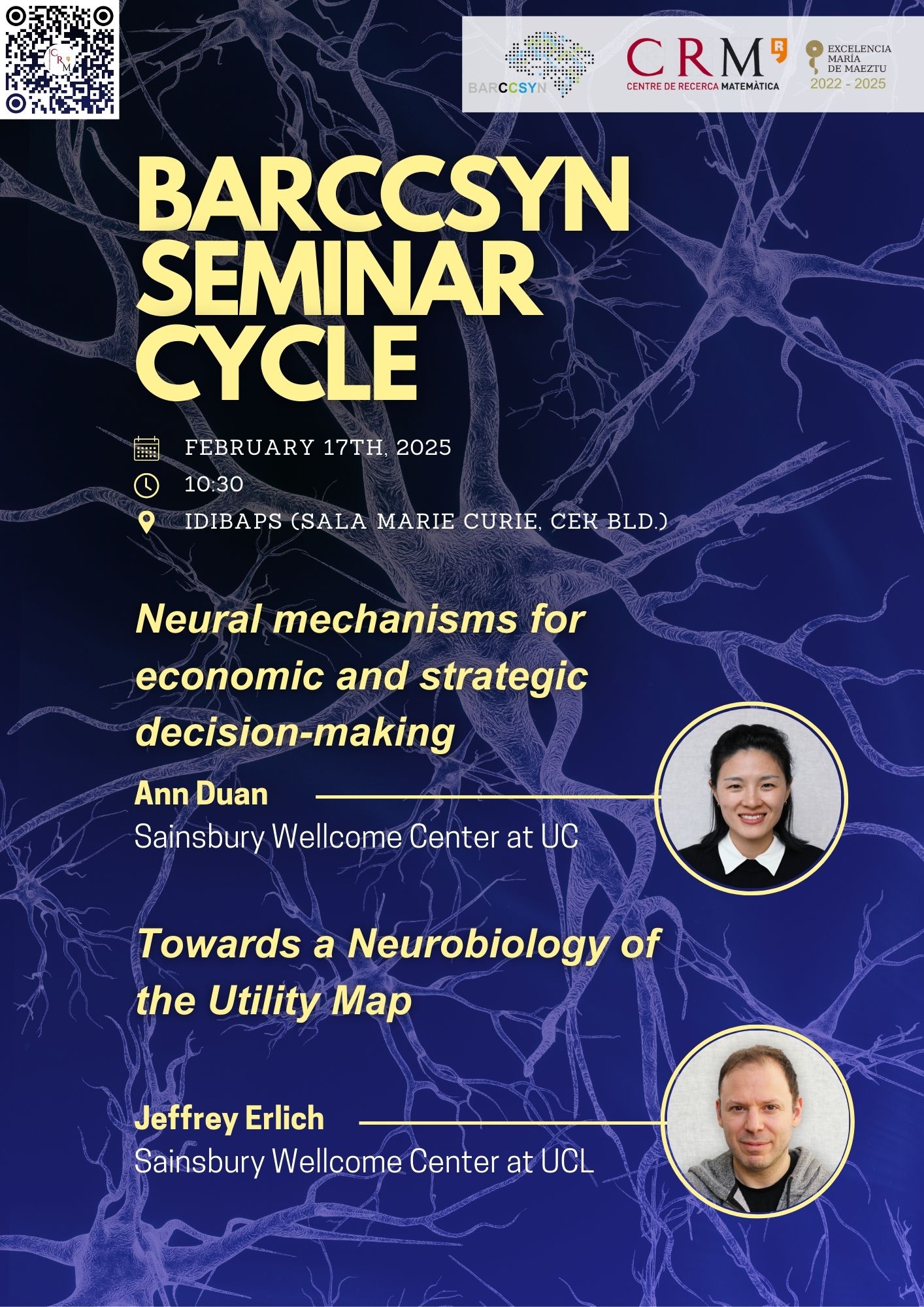INTRODUCTION
The Barccsyn Seminar Cycle, funded by the SGR “Network Dynamics”, aims to invite researchers from abroad in computational and systems neuroscience to Barcelona. We are excited to hear about their own work, as well as to have them get to know the growing Barccsyn community. In this vein we encourage our invited speakers to spend enough time in Barcelona to visit several labs, ideally one day and a half.
next session
Date: Monday, February 17th, 2025
Time: 10:30
Place: IDIBAPS (Sala Marie Curie, CEK Bld.)
Schedule | |
10:30 | |
11:30 | Coffee |
12:15 | |
Neural mechanisms for economic
and strategic decision-making
Abstract:
Real life decisions often occur in volatile environments and require strategic interaction between multiple decision makers. Imagine decisions at a poker table or foraging decisions in a competitive, changing environment. In both situations, animals make decisions based on incomplete information, under risk and uncertainty, and in a multi-agent social context. Due to the multiplexed and dynamic nature of these types of decisions, there are usually no uniquely correct answers. Instead, choices reflect individuals’ varied decision preferences that lead to differential short-term and long-term gains. Our goal is to understand how animals make flexible decisions under risk and social influence, and the neural circuit mechanisms underlying these choices. Towards this goal, we combine theory-motivated behavioural designs in mice, quantitative extraction of animals’ internal states, large-scale, cellular-resolution monitoring and manipulation of brain activity during decision tasks, and computational modelling. In this talk, I will present our progress in probing the behavioural and neural mechanisms for value-based decision-making under risk and in a multi-agent context.

Chunyu Ann Duan
Sainsbury Wellcome Centre - University College London
Ann Duan joined the faculty at the Sainsbury Wellcome Centre in summer 2021. She obtained her PhD in Neuroscience at Princeton University, where she studied prefrontal and collicular contributions to executive functions with Carlos Brody. In 2016, Ann became a Simons Collaboration on the Global Brain postdoctoral fellow in Ning-long Xu’s lab at the Institute of Neuroscience in Shanghai, where she used circuit-level tools to investigate cortico-subcortical cooperation during decision formation and maintenance.
Towards a Neurobiology
of the Utility Map
Abstract:
Orienting decisions—deciding where to look—serve as a key filter, determining what information we process and what we ignore. The critical representation needed to guide goal-directed orienting decisions is a utility map: assigning a utility, or ‘subjective value,’ to different items or locations in space. I will discuss our work suggesting that the frontal orienting field (FOF), located in the dorsal frontal cortex of the rat, represents a gaze-centered utility map.
Early work using two-alternative forced-choice tasks identified the FOF as essential for memory-guided orienting and evidence accumulation, interpreted as playing a role in transforming evidence into motor plans for orienting movements. More recent studies, using our 8-port wall paradigm, demonstrate that the planning activity in the FOF is self-centered and that FOF activity encodes both the location and the value of options. Building on this foundation, I will present a new behavioral paradigm for detailed interrogation of how the utility map is formed and how it guides choices between multiple alternatives. These results provide insight into how neural circuits encode and transform information to support decision-making and motor planning, offering a unified framework for understanding the computations underlying spatial and economic decisions.

Jeffrey Erlich
Sainsbury Wellcome Centre - University College London
organizers
Albert Compte | IDIBAPS
Ignasi Cos | UB
Alex Hyafil | CRM
Ernest Montbrió | UPF
Jaime de la Rocha | IDIBAPS
Alex Roxin | CRM
Klaus Wimmer | CRM
PAST SESSIONS
Date: Friday,January 17th, 2025
Speaker: Peter Murphy (Maynooth University)
Title: A shared neural circuit for maintenance and integration of information over time
Abstract: Working memory and decision-making are two higher cognitive functions for which detailed neurobiological models have been developed in recent years. Prominent classes of these models share key features – generation of persistent neural activity through recurrent excitation within stimulus-selective populations of neurons, and inhibition between these populations – which has led to the suggestion that both maintenance (for working memory) and integration (for deliberative decision-making) of information over time are implemented within the same neural circuits. I will present new lines of convergent evidence that support this idea. I will show how recurrent neural networks trained to perform both working memory and decision-making tasks recapitulate the same basic circuit configuration and activation patterns as the hand-crafted neurobiological models, and that memory and decision states within these trained networks share the same population code. I will present non-invasive electrophysiological data suggesting that humans exploit this same solution, highlighting a generalization of the task-relevant neural representations across tasks. I will also suggest a mechanism – dynamic modulation by brainstem arousal systems – by which the underlying shared circuit might be tuned to produce stable memory states that are robust to distraction in some contexts, versus flexible decision states reflecting integration of multiple information samples in others. This work promotes an integrative perspective of working memory and decision-making that holds promise for understanding disorders of the brain that are characterized by deficits in both functions.
Speaker: N Alex Cayco Gajic (École Normale Supérieure)
Title: Uncovering learning-induced changes in recurrent neural dynamics
Abstract: Learning in the brain induces changes in neural dynamics. Despite recent leaps in understanding learning in artificial neural networks, how the brain learns complex tasks remains poorly understood due to several challenges. First, empirically-observed changes in neural activity during learning are thought to occur due to circuit-level changes in recurrent dynamics. However, current dimensionality reduction methods are unable to capture systematic changes in latent neural dynamics over learning. To address this, we developed a data-driven RNN-based framework in which the recurrent connectivity is constrained to be low tensor rank. We demonstrate that such low tensor rank RNNs (ltrRNNs) are able to capture changes in neural geometry and dynamics in motor cortical data from a motor adaptation task.
Second, unlike standard neural networks, the brain has a highly modular structure with multiple learning centers. How do these different regions with distinct circuitries and learning rules coordinate with each other? To investigate this, we developed a multi-region RNN model composed of two interconnected populations: a generator network that stores stable memories, and an adapter network that learns to rapidly correct the generator’s output by generating a predictive error signal. Additionally, by providing a collateral of the predictive error as feedback to the generator, the adapter is able to tutor the generator to consolidate the new memory using a local plasticity rule. Based on functional and structural requirements for the adapter and generator, we propose this distributed learning system as a new hypothesis for cerebello-cortical interactions during motor adaptation.
__________________________________________________________________
Date: Thursday, October 24th, 2024
Speaker: Nicolas Brunel (Duke University, Università Bocconi)
Title: Roles of inhibition in stabilizing and shaping the response of cortical networks
Abstract: Inhibition has long been thought to stabilize the activity of cortical networks at low rates, and to shape significantly their response to sensory inputs. In this talk, I will describe three recent collaborative projects that shed light on these issues. (1) I will show how optogenetic excitation of inhibition neurons is consistent with cortex being inhibition stabilized even in the absence of sensory inputs, and how this data can constrain the coupling strengths of E-I cortical network models. (2) Recent analysis of the effects of optogenetic excitation of pyramidal cells in V1 of mice and monkeys shows that in some cases this optogenetic input reshuffles the firing rates of neurons of the network, leaving the distribution of rates unaffected. I will show how this surprising effect can be reproduced in sufficiently strongly coupled E-I networks. (3) Another puzzle has been to understand the respective roles of different inhibitory subtypes in network stabilization. Recent data reveal a novel, state dependent, paradoxical effect of weakening AMPAR mediated synaptic currents onto SST cells. Mathematical analysis of a network model with multiple inhibitory cell types shows that this effect tells us in which conditions SST cells are required for network stabilization.
__________________________________________________________________
Date:Thursday, June 13th, 2024
Speaker: Alaa Ahmed (University of Colorado Boulde)
Title: Movement vigor as a reflection of internal decision variables during deliberation and learning
Abstract: To understand subjective evaluation of an option, various disciplines have quantified the interaction between reward and effort during decision making, producing an estimate of economic utility, namely the subject ‘goodness’ of an option. However, those same variables that affect the utility of an option also influence the vigor (speed) of movements towards that option. To better understand this, we have developed a mathematical framework demonstrating how utility can influence not only the choice of what to do, but also the speed of the movement follows. I will present results demonstrating that expectation of reward increases speed of saccadic eye and reaching movements, whereas expectation of effort expenditure decreases this speed. Intriguingly, when deliberating between two visual options, saccade vigor to each option increases differentially, encoding their relative value. Even when option value is hidden and must be learned, vigor can reveal the trial-to-trial prediction error and the consequent update of learned value. These results and others imply that vigor may serve as a new, real-time metric with which to quantify and track the evolution of subjective value, and that the neural circuits responsible for the control of movement are inextricably linked to the circuits involved in decision making.
__________________________________________________________________
Date: Thursday, May 23rd, 2024
Speaker: Ralf Haefner (Rochester University)
Title: Behavioral and neural signatures of approximate inference during passive and active vision
Abstract: Perception requires the combination of uncertain sensory inputs with prior expectations. How such probabilistic computations might be implemented in the brain is a key question in systems neuroscience. Most of my talk will present recent work on temporal biases in evidence accumulation tasks. We found that approximate hierarchical inference results in a confirmation bias whose strength depends on the task in a predictable way. We verified our predictions using psychophysical experiments and showed that the proposed underlying mechanism – a positive feedback loop between decision-making and sensory areas – can reconcile a wide range of prior studies who differed in the biases they found. Next, we extended our work to the case of active sensing and showed that human eye-movements suffer from a similar confirmation bias as they collect information across the visual scene, again explainable by an approximate Bayesian observer. Interestingly, a neural signature of such computations include an increase in differential correlations with task learning in contradiction to classic feedforward models of noise correlations, a prediction we confirmed in monkey neurophysiology experiments.
__________________________________________________________________

This seminar series is carried out with the support of the Department of Research and Universities of the Government of Catalonia.
|
For inquiries about this event please contact the Scientific Events Coordinator Ms. Núria Hernández at nhernandez@crm.cat
|


